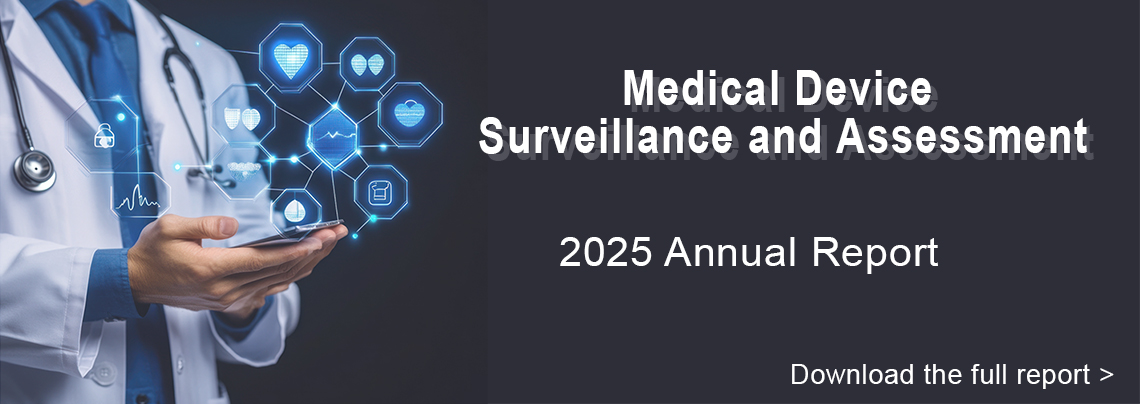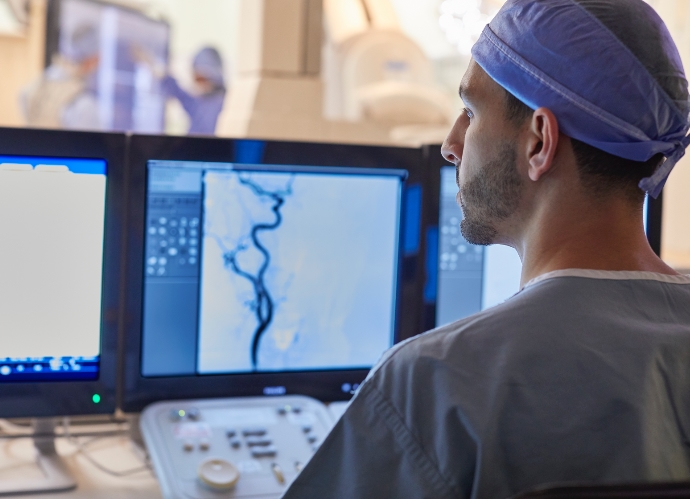The Kaiser Permanente (KP) Medical Device Surveillance and Assessment mission is to improve the quality of surgical care provided to KP members program-wide. By partnering with surgeons and leveraging integrated data systems, the Registries evaluate and monitor patient outcomes, new and existing technologies, and identify and facilitate implementation of clinical best practices applying advanced statistical analyses.

Highlights
Association Between Nail Type and Aseptic Revision Risk After Cephalomedullary Nailing for Hip Fracture
Patient and Operative Risk Factors for Osteoarthritis After Primary Anterior Cruciate Ligament Reconstruction: A Cohort Study of 41,976 Patients
Seven-Year Revision Rates for Cochlear Implants in Pediatric and Adult Populations of an Integrated Healthcare System
Can Dual Mobility Cups Reduce Revision and Dislocation Risks? An Analysis of 107,528 Primary Total Hip Arthroplasties in the United States













